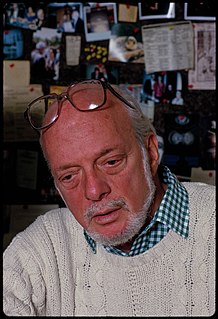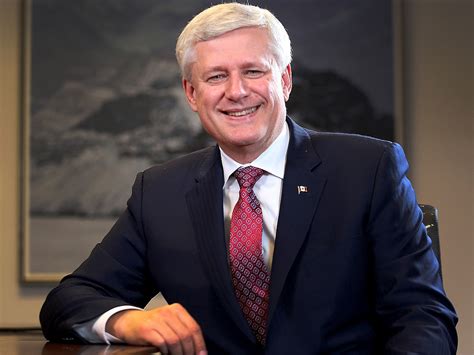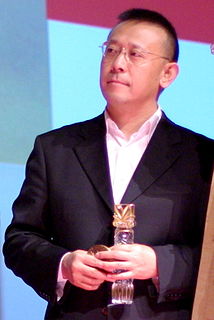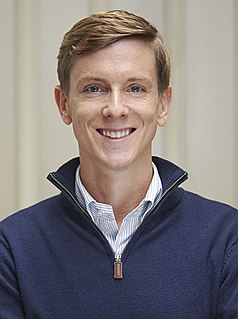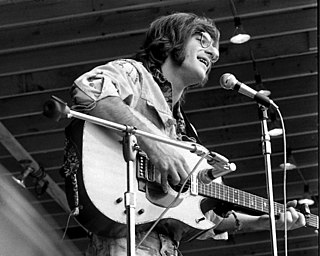A Quote by Cab Calloway
My audience was my life. What I did and how I did it, was all for my audience.
Related Quotes
I started to make harder jokes before anyone else did. And the producers would get anxious. They'd say, 'That's a little bit hard-edged, isn't it?' And I'd say, 'Let's just try it and see how the audience reacts. If they don't like it, let's cut it out.' And the audience roared with laughter, so I learned you could do this harder humor and people loved it.
I've always loved theatre because it's so immediate. The challenge of it is that, career wise, it's easier to get traction in the industry if you do film and TV because the audience is larger, and because the work can be seen for a longer period of time. I did solid work in a series of regional and Off-Broadway shows, but the work I did on TV or film will have a longer life with a larger audience (and with services like Netflix). Ultimately, there's something intimate about TV, because the storytelling and the actors come home with the viewer. It can be powerful because of that.
And one of the things I noticed pretty early on in art school was that my classmates had no notion of an audience. Right? I mean, growing up with the mother that I did, I learned that when you walk into the dry cleaners, there's an audience waiting for you. You know, maybe it's just the person behind the counter.



